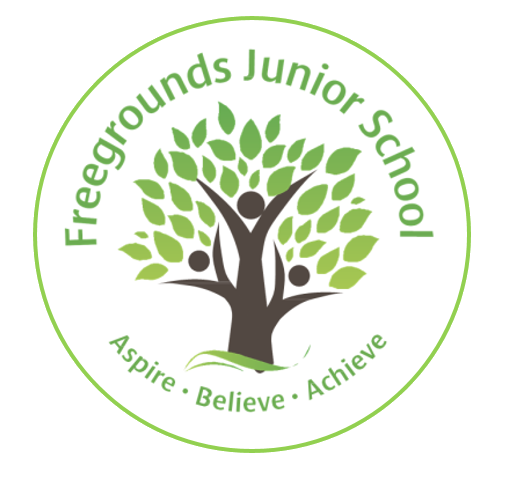Geography
"The study of geography is more than just memorising places on a map. It's about understanding the complexity of our world, appreciating the diversity of cultures that exist across continents. And, in the end, it's about using all that knowledge to bridge divides and bring people together." - Barak Obama
Intent
At Freegrounds Junior School, Geography aims to inspire all our pupils with a curiosity and fascination about the ever-changing world we live in, that will remain with them for the rest of their lives. Children will investigate a range of places across the world, to develop their knowledge and understanding of the World’s key physical and human processes and their place within it. Through careful sequencing and progression, pupils will be equipped with the geographical skills needed to confidently enquire, collect and analyse data and present their findings, not just through experiences in the classroom, but also with the use of fieldwork and educational visits. Pupils growing knowledge and skills are underpinned by our school learning values, cross-curricular links and are transferable to other subjects.
Implementation
In Geography, children continually develop their skills progressively through enquiry based place studies within the UK and the Wider World. Each study follows an enquiry route, starting with a ‘Big Question’ and leading to an evidence based conclusion. UK study areas progressively widen from year 3, studying their local village, Years 4 and 5 studying specific areas of our region and Year 6 a contrasting region of the UK. Similarly, we widen our locational and place knowledge with Year 3 and 4 studying small areas of European countries and Year 5 and 6 looking further afield to regions of North and South America and Africa.
Pupils become familiar with using a wide range of maps and resources, both traditional and digital, to research and form conclusions. Fieldwork (including virtual fieldwork) is offered within each unit of study. Pupils work both individually and collaboratively to collect evidence and opinions in many forms, leading to a conclusion in each enquiry. Geographical vocabulary is embedded throughout teaching, and its use is encouraged within any written work and when verbally responding.
Assessment is carried out during lessons, through planned class discussions, 1:1 discussions with pupils and responding to their work. Teachers encourage pupils to justify their thoughts and opinions using evidence from their learning. Teachers will use this to adapt future teaching to address whole class needs or individual needs.
Every pupil engages with learning of Geography and lessons are adapted to account for pupil’s individual needs. Verbal responses, scribing by an adult or help with reading are used to prevent Literacy being a barrier to Geographical learning. Pupil’s learning is also extended where appropriate, with encouragement to consider and justify the opinions of others compared to their own.
Many tasks within lessons need pupils to use the learning behaviours of: Teamwork, Resilience, Independence, Creativity, Critical Thinking and Reflection. These behaviours are built in through the planning process and used widely throughout all lessons.




.JPG)






.jpg)